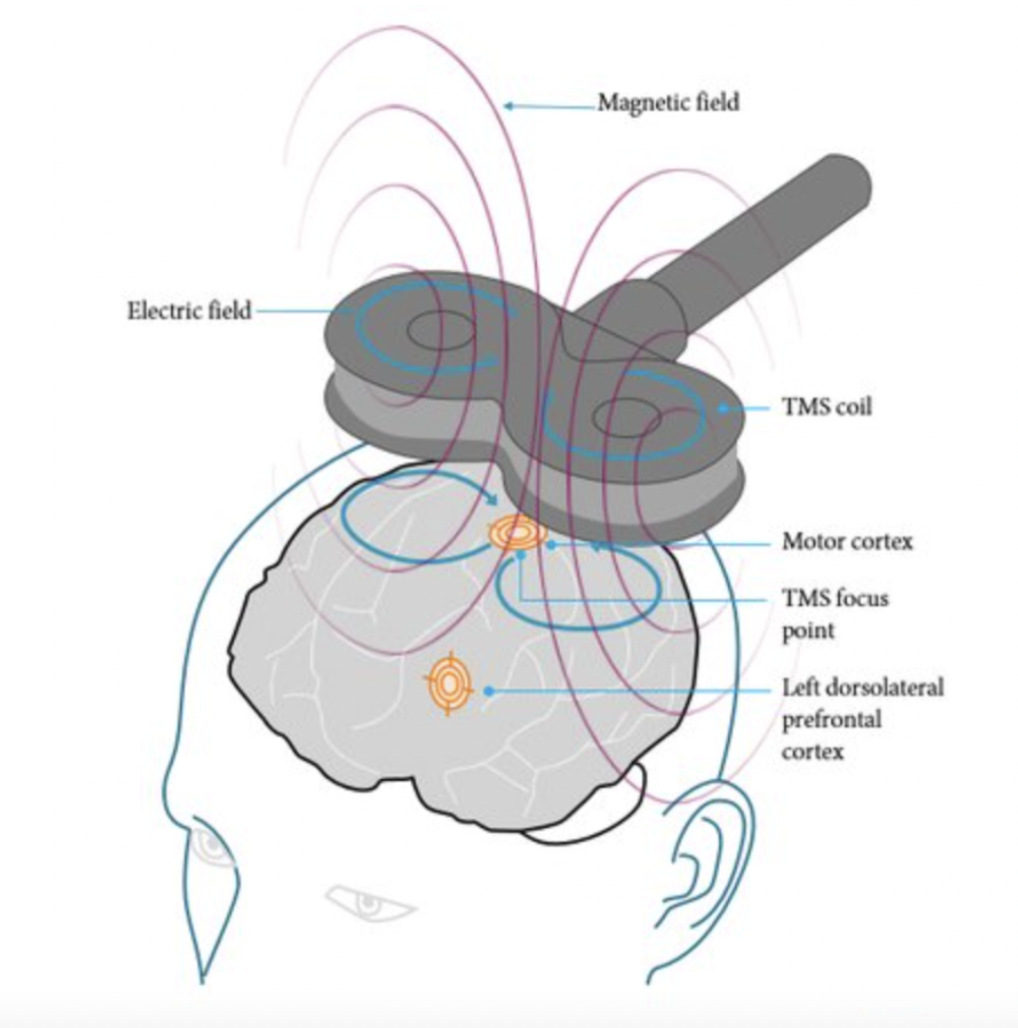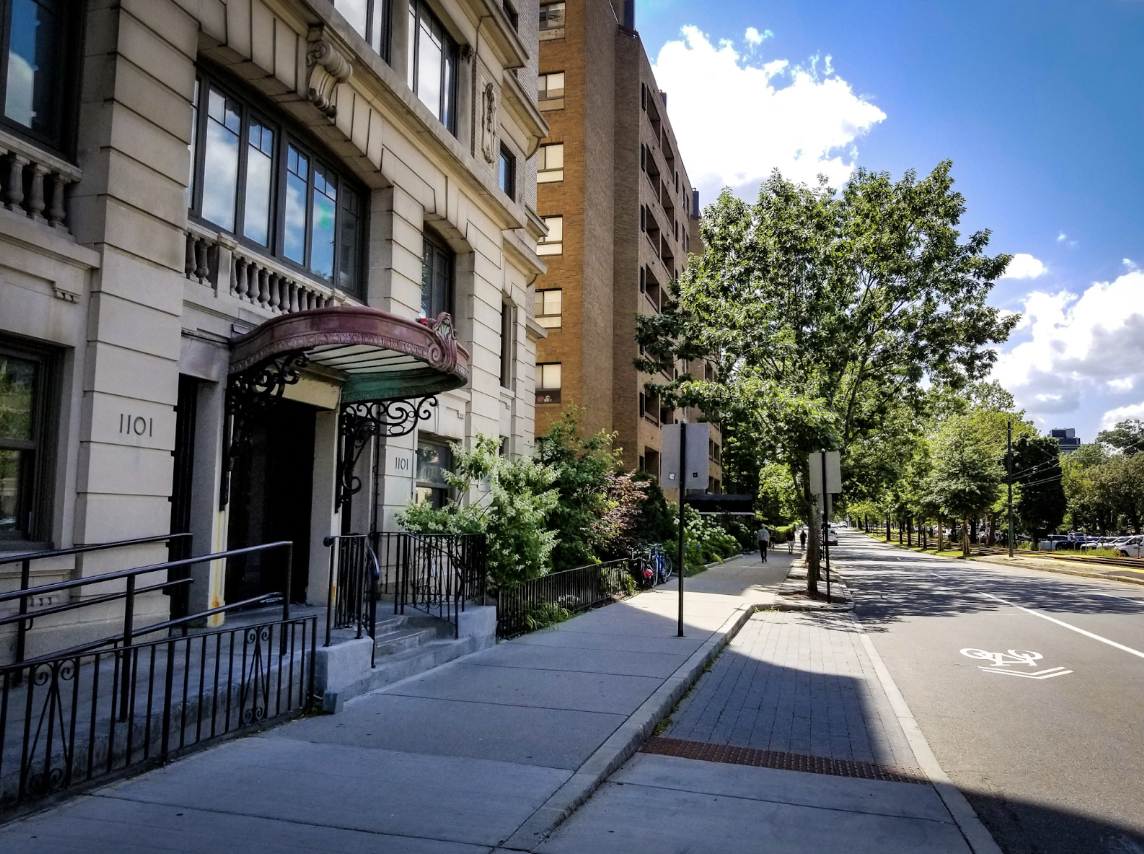Seasonal Affective Disorder and TMS: Can It Help Winter Depression?
Feeling Low Every Winter? You’re Not Alone.
As Boston’s long winters settle in, many residents in neighborhoods like Cambridge, Newton, Somerville, Back Bay, and Brookline find their energy fading, mood dipping, and motivation slipping away. If this sounds familiar, you may be experiencing Seasonal Affective Disorder (SAD) — a type of depression that typically begins in the fall and continues into the winter months.
At Dignity Brain Health, a leading provider of TMS therapy in Brookline, MA, we often hear from patients asking: Can Transcranial Magnetic Stimulation (TMS) help with Seasonal Affective Disorder?
Let’s explore the answer.
What Is Seasonal Affective Disorder (SAD)?
SAD is more than just the “winter blues.” It’s a form of major depressive disorder (MDD) that follows a seasonal pattern, most commonly emerging in late fall and early winter and subsiding in spring and summer.
Symptoms of SAD include:
Persistent low mood
Loss of interest in activities once enjoyed
Fatigue and low energy
Oversleeping
Difficulty concentrating
Changes in appetite or weight
Feelings of hopelessness
According to the National Institute of Mental Health, SAD affects about 5% of U.S. adults, and symptoms can last around 40% of the year (NIMH, 2023). In northern cities like Boston, reduced daylight in winter can significantly impact mental health.
Why Boston Residents May Be More Vulnerable to SAD
Boston’s geographic location means shorter daylight hours, cold temperatures, and longer winters — all factors that can exacerbate symptoms of SAD. For residents commuting through snow-covered streets in Somerville, or students walking the icy paths of Harvard or Boston University, winter can take a real toll on mental health.
Understanding TMS Therapy: A New Hope for SAD
Transcranial Magnetic Stimulation (TMS) is an FDA-cleared, non-invasive treatment for major depressive disorder. TMS uses magnetic fields to stimulate nerve cells in the brain — particularly areas involved in mood regulation.
At Dignity Brain Health in Brookline, we’ve seen promising results for patients who haven’t found relief through traditional methods like medication or talk therapy.
How Does TMS Work?
A magnetic coil is placed gently on your scalp
Magnetic pulses target the left dorsolateral prefrontal cortex
This area is linked to mood regulation and emotional processing
Sessions last about 20–40 minutes, 5 days a week, for 4–6 weeks
Patients remain awake and alert, and no anesthesia is needed.
Can TMS Help with Seasonal Affective Disorder?
While most clinical studies on TMS focus on treatment-resistant depression, emerging research suggests that TMS may also be beneficial for individuals with SAD.
How TMS May Alleviate SAD Symptoms
Seasonal Affective Disorder is believed to stem from disruptions in circadian rhythm, serotonin dysregulation, and melatonin imbalance, all of which are triggered by reduced sunlight exposure during the winter months. These neurochemical changes can lead to symptoms such as fatigue, low mood, increased sleep, and carbohydrate cravings — hallmark indicators of SAD.
TMS works by delivering precisely targeted magnetic pulses to the left dorsolateral prefrontal cortex (DLPFC) — an area of the brain consistently underactive in people with depression. By stimulating this region, TMS promotes neuroplasticity and improves the brain’s ability to regulate mood, emotion, and energy levels. This makes it a promising tool for addressing the biological underpinnings of SAD, particularly when conventional treatments like light therapy and antidepressants are insufficient.
What the Research Says
While clinical research on TMS for SAD is still evolving, early findings are encouraging:
A study published in Psychiatry research found that repetitive TMS (rTMS) significantly improved depression scores in individuals experiencing seasonal patterns of depressive episodes (Ng et al., 2023). Participants showed marked improvement in mood regulation and energy levels after several weeks of treatment.
Janicak and Dokucu (2015) also highlight the broad efficacy of TMS in major depressive disorder, noting that patients with cyclical or seasonal patterns often benefit from targeted brain stimulation due to its effect on restoring normal activity in mood-regulating brain circuits.
Additional research suggests that TMS may not only relieve symptoms during an acute seasonal episode but also help prevent recurrence when used proactively at the onset of shorter daylight months (Ng et al., 2023).
While further large-scale trials are needed to formalize clinical guidelines, many mental health providers — including our team at Dignity Brain Health in Brookline — view TMS as a viable, evidence-based option for patients with SAD, particularly those who have not responded fully to medication or therapy.
Why Choose TMS Therapy in Brookline, MA?
If you live in the Boston metro area, accessing top-quality TMS care is easier than you might think.
Here’s why Dignity Brain Health stands out:
Convenient Location: Located in Brookline, minutes from Boston University, Longwood Medical Area, and Coolidge Corner
Cutting-Edge Technology: FDA-cleared Magstim systems
Experienced Staff: Board-certified psychiatrists and compassionate care team
Collaborative Approach: We work alongside your current therapist or PCP
Flexible Scheduling: Early morning and evening sessions available
Whether you’re commuting from Newton, walking from Cambridge, or biking from Back Bay, our office is easily accessible via the Green Line (C branch) and nearby parking garages.
📍 Find Us on the Map:
Dignity Brain Health - TMS Therapy Clinic
What to Expect During Your First Visit
We understand that starting a new treatment can feel overwhelming. Here’s what your journey with Dignity Brain Health might look like:
Step-by-Step TMS Process:
Initial Consultation
Meet with a licensed psychiatrist to assess your symptoms, history, and suitability for TMS.Insurance Review
Our team will help verify your insurance coverage and assist with prior authorization.Treatment Planning
Your provider will create a personalized treatment protocol tailored to your seasonal depression needs.Begin TMS Therapy
Sessions are held on-site and require no downtime.Ongoing Progress Reviews
We monitor your mood, energy, and symptoms regularly to track improvement.
Learn more about the TMS therapy process here.
Real Relief for Real People in Greater Boston
Many of our patients have found lasting relief from winter depression through TMS — even after trying years of antidepressants or talk therapy. Some report:
More energy during dark winter days
Better sleep and appetite
Improved ability to concentrate at work or school
Greater overall life satisfaction
Local Resources for Mental Health Support
If you or a loved one are experiencing symptoms of seasonal depression, it’s important to seek support. In addition to TMS therapy, Boston offers excellent mental health resources:
Boston Medical Center Psychiatry Department
Massachusetts General Hospital Depression Clinical and Research Program
Samaritans Hope Boston — Free 24/7 suicide prevention helpline: 877-870-4673
Let’s Talk: Book a Free Consultation
If you’re struggling with SAD and live in the Brookline or Greater Boston area, Dignity Brain Health is here to help.
🌞 Don’t wait for spring to feel better. You deserve to enjoy every season of your life — including winter.
📅 Book your appointment today or call us at (617) 829-9911.
💬 Have questions? Leave a comment below or send us a message — we’d love to hear from you!
References
Janicak, P. G., & Dokucu, M. E. (2015). Transcranial magnetic stimulation for the treatment of major depression. Neuropsychiatric disease and treatment, 11, 1549–1560. https://doi.org/10.2147/NDT.S67477
National Institute of Mental Health. (2023). Seasonal Affective Disorder. https://www.nimh.nih.gov/health/publications/seasonal-affective-disorder
Ng, E., Nestor, S. M., Rabin, J. S., Hamani, C., Lipsman, N., & Giacobbe, P. (2023). Seasonal pattern and depression outcomes from repetitive transcranial magnetic stimulation. Psychiatry research, 329, 115525. https://doi.org/10.1016/j.psychres.2023.115525
—
CONTACT INFO:
DIGNITY BRAIN HEALTH
1101 BEACON STREET, SUITE 8W
BROOKLINE, MA, 02446
UNITED STATES
Phone: (617) 855-7288


